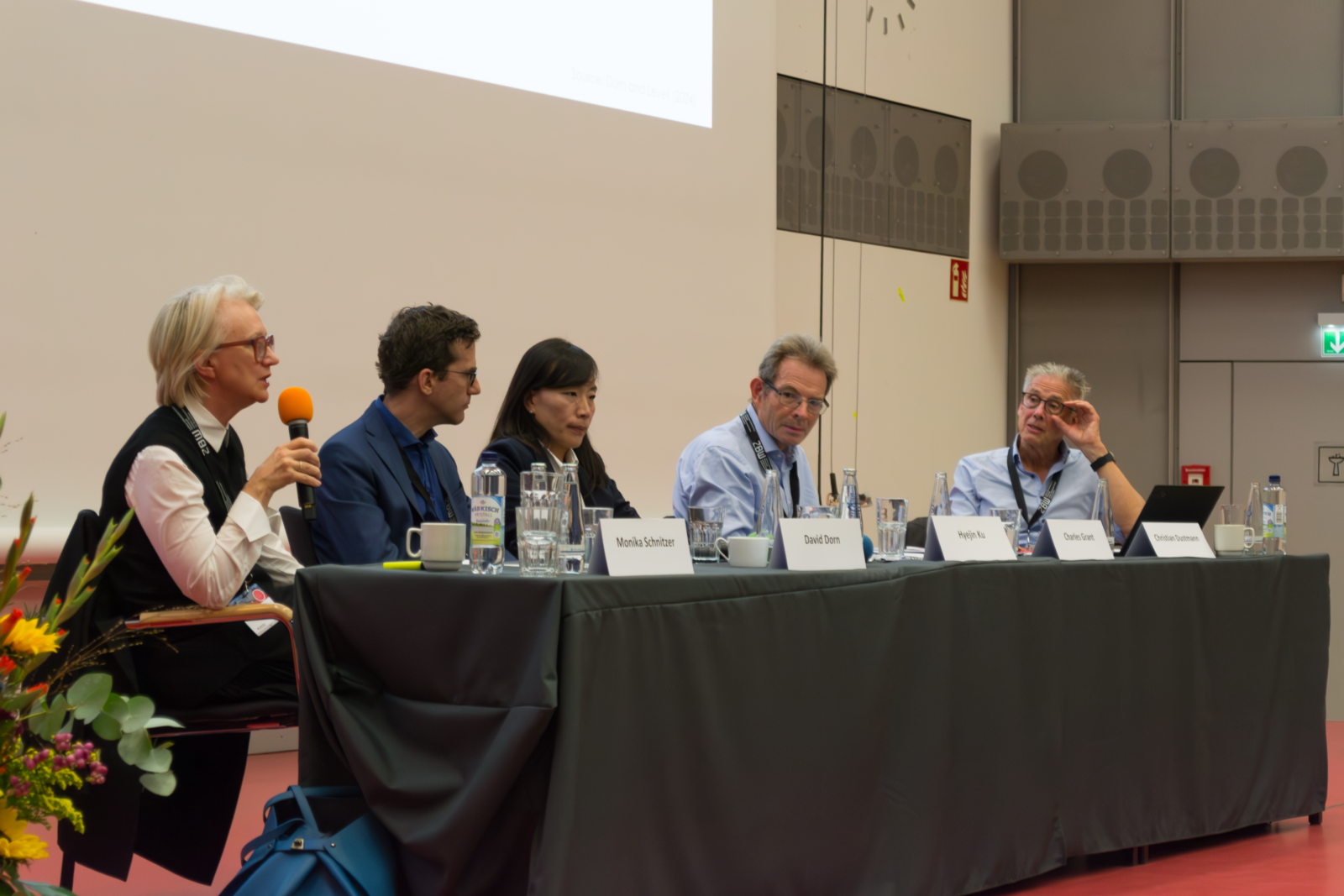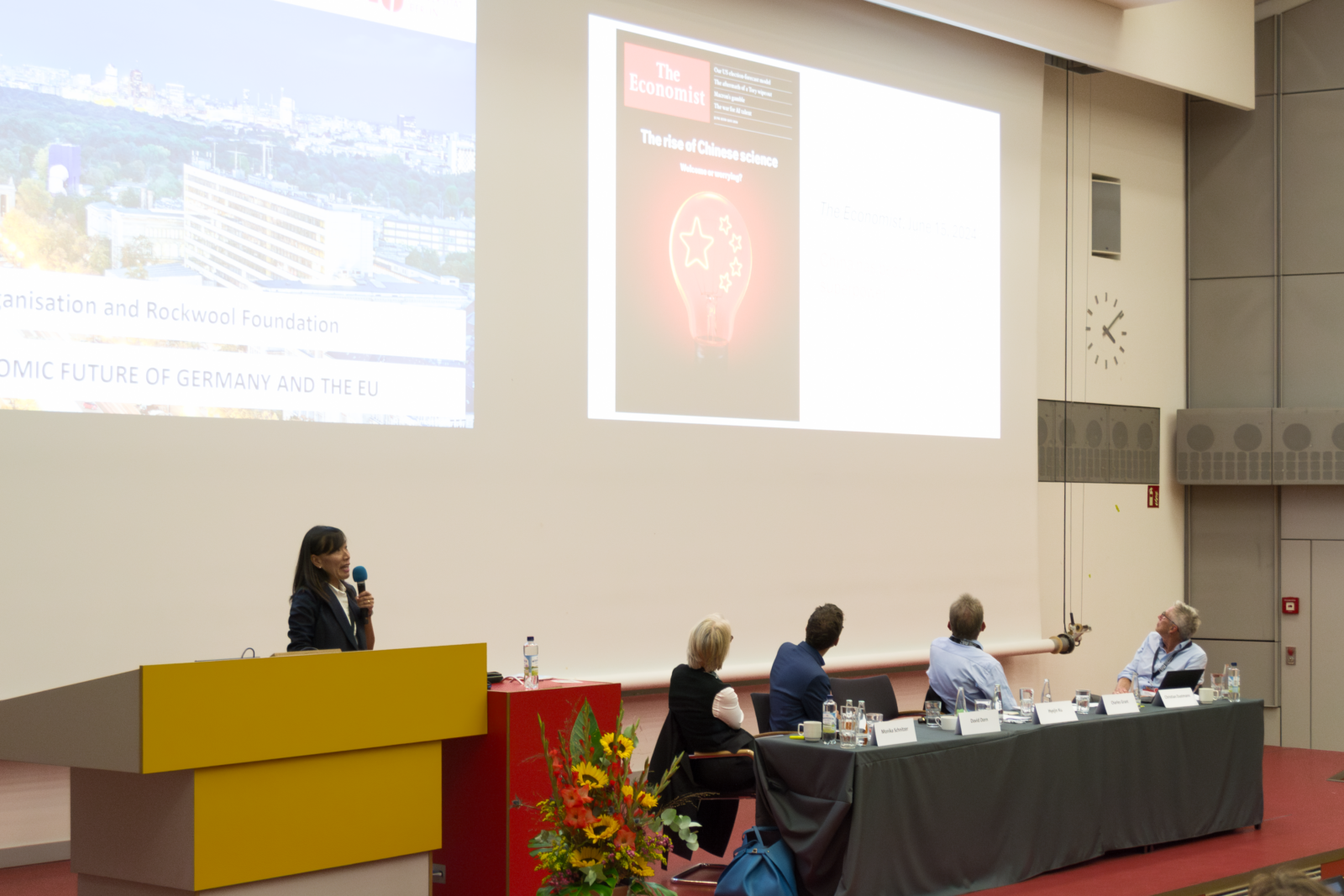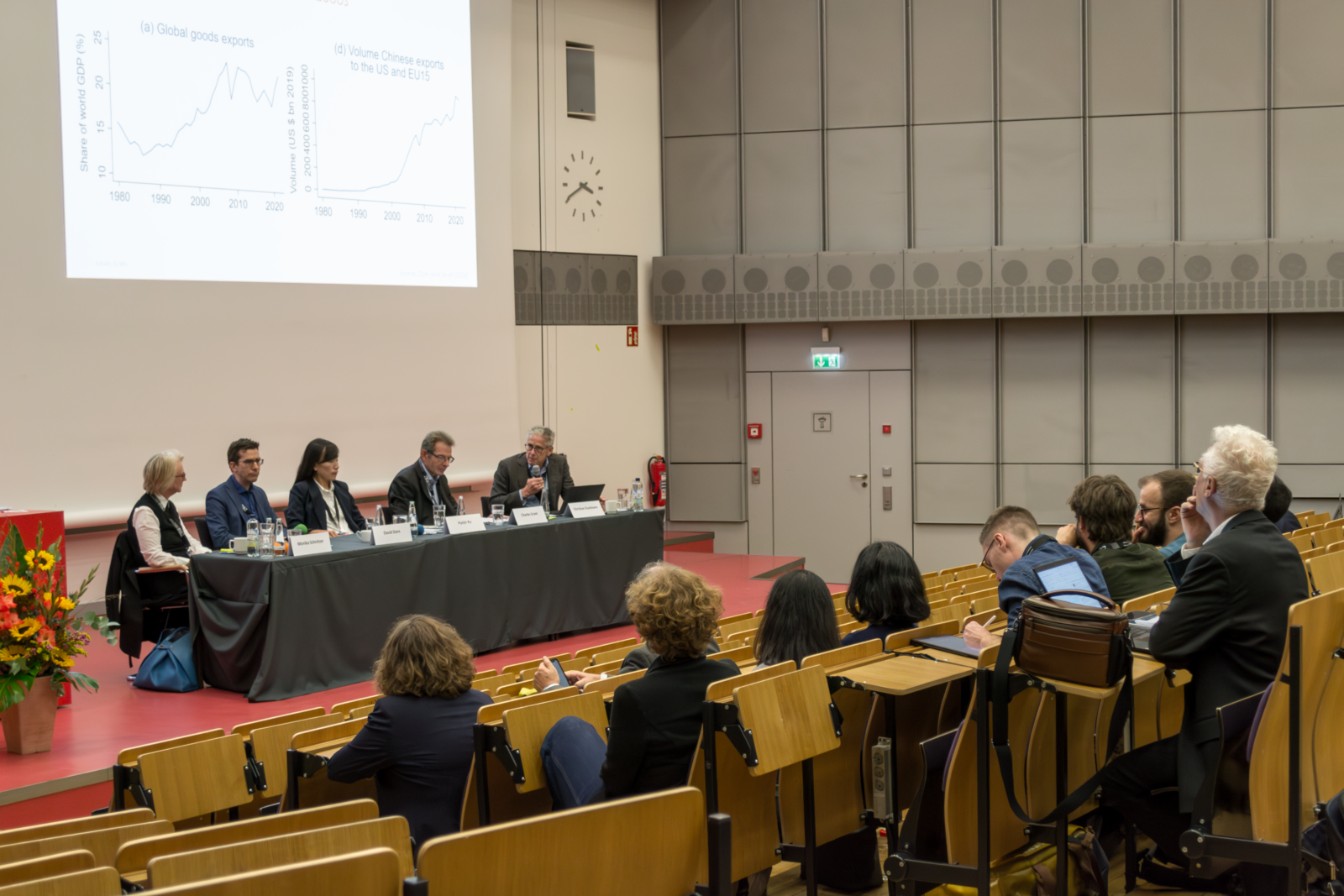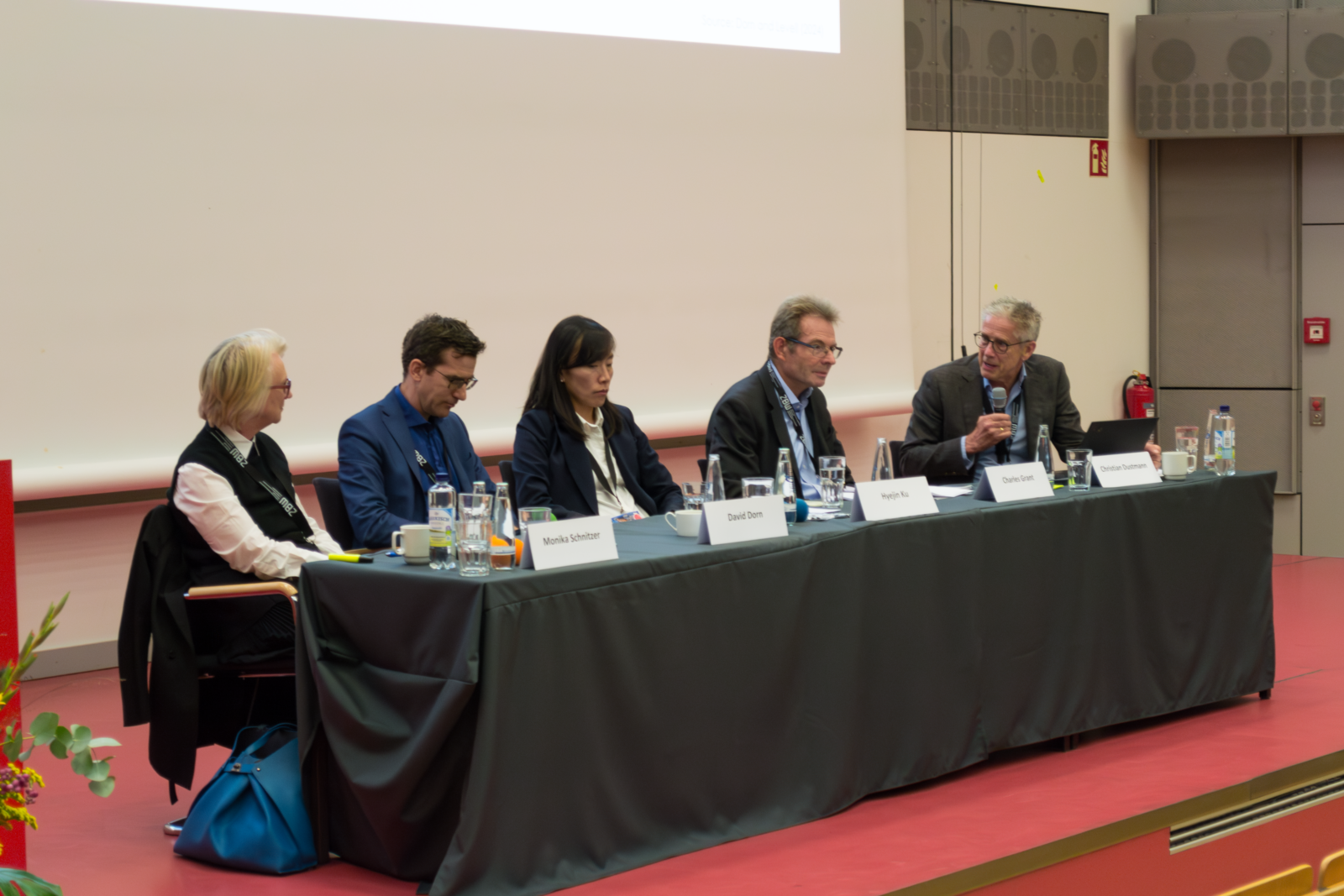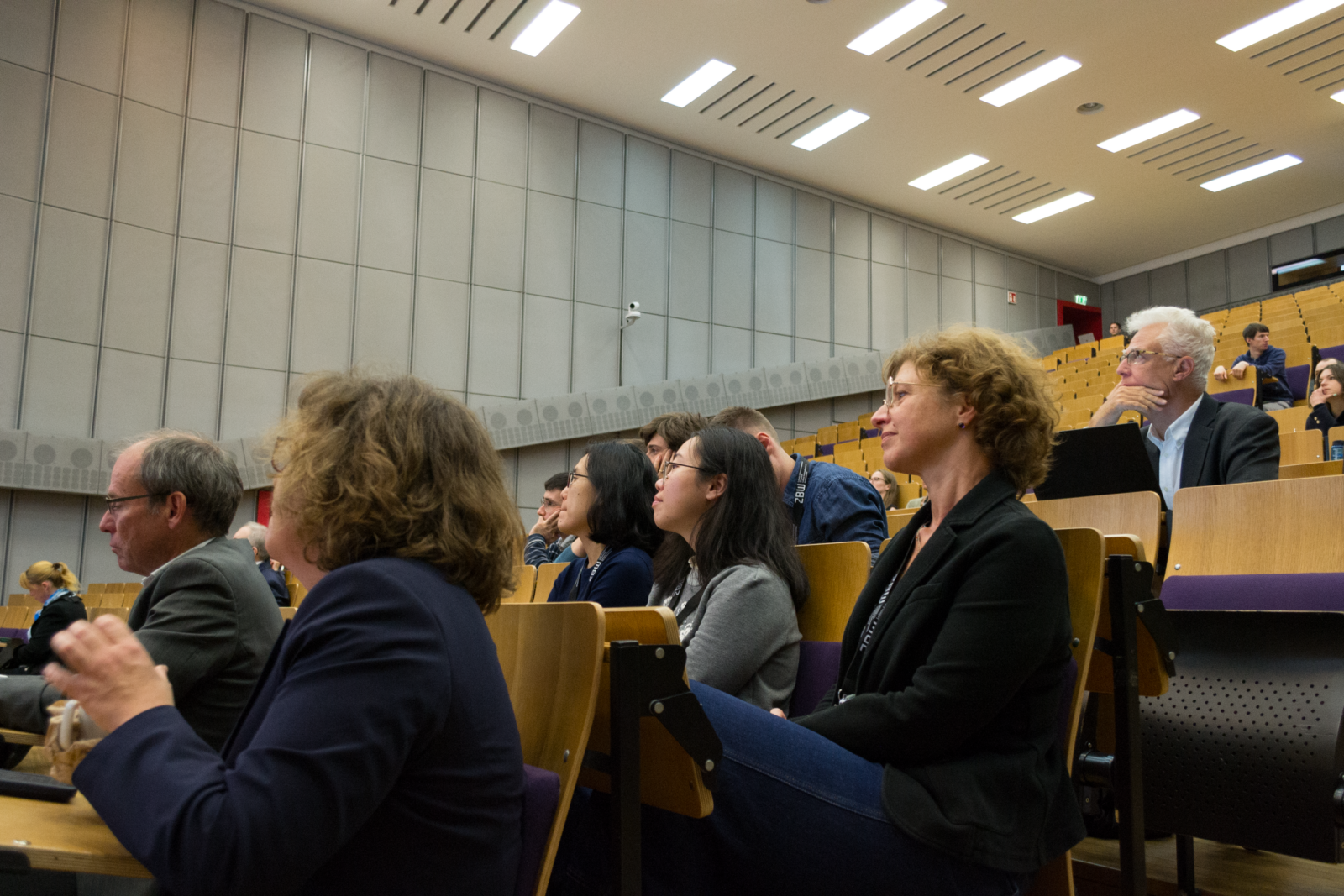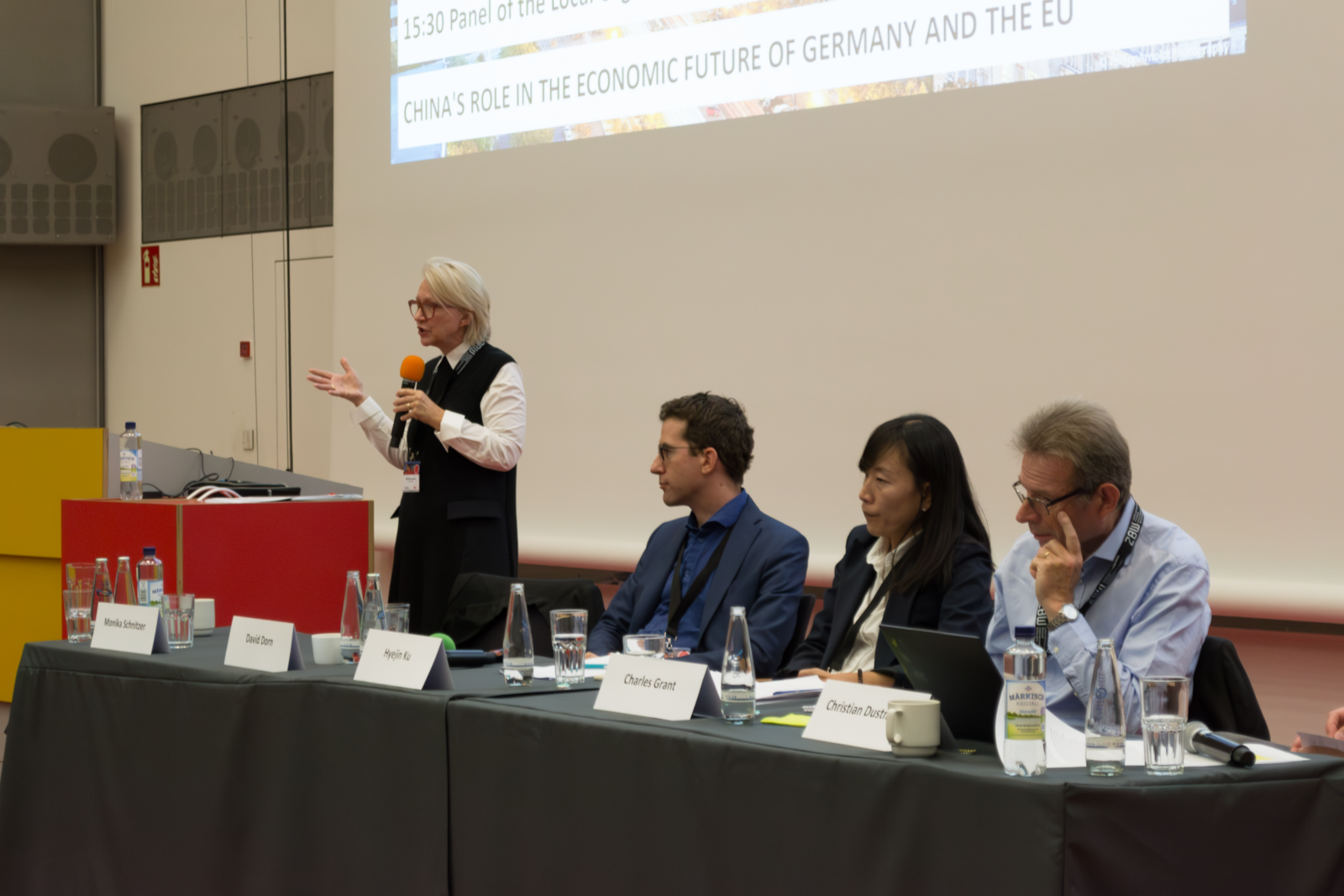As a participant in this year’s, the ROCKWOOL Foundation Berlin (RFBerlin) will host of four esteemed experts, aiming to illuminate the potential impact of China on the economic trajectory of both the European Union and Germany.
East Asia, particularly China, has recently become a focal point of German foreign policy. Germany’s approach towards China is notably balanced compared to some of its political allies, recognizing the risks of economic disintegration and the impracticality of immediate disengagement. Chancellor Scholz further underscored this stance in his speech at Tongji University in April of this year, advocating for cooperation in the academic sector.
China stands as a formidable competitor, especially following President Xi’s unveiling of China’s manufacturing plan as a linchpin for future economic growth. China is also perceived as a potential threat to Western security and a prospective adversary in potential military conflicts. Despite these concerns, Western economies are deeply enmeshed with China. Germany, in particular, has reaped substantial benefits from China’s economic expansion as both a market for its products and a manufacturing partner. Consequently, the German industry holds a strong interest in sustaining cooperative ties.
What is Germany’s stake in this dynamic? How has Germany leveraged China’s ascent, and what prospects lie in future academic and economic collaborations? How should Germany navigate its economic policy vis-à-vis China within the European context and among its Western allies? In light of potential future demands from the United States for a more confrontational stance towards China, particularly under a potential re-election of President Trump, how should Germany respond? These and other issues will be discussed by the panel.
For more information, please visit the organizer’s website: www.socialpolitik.de
Panelists
David Dorn, is the UBS Foundation Professor of Globalization and Labor Markets at the University of Zurich and the director of its university-wide interdisciplinary research priority program “Equality of Opportunity.” He was previously an associate professor at CEMFI in Madrid, and a visiting professor at both the University of California in Berkeley and Harvard University. Professor Dorn’s research spans the fields of labor economics, international trade, economic geography, macroeconomics, and political economy. He published influential studies on the impacts of globalization and technological innovation on labor markets and society. Professor Dorn is among the 100 most highly cited economists worldwide in the last decade. In 2023, he was awarded the Hermann Heinrich Gossen Prize for the most accomplished economist in German-speaking countries under the age of 45.

Charles Grant, is the Director of the Centre for European Reform think-tank, which operates in London, Brussels and Berlin. He works on, among other subjects, EU foreign and defence policy, Russia, China, the eurozone and Brexit. Previously he worked for Euromoney and The Economist, where he covered the European Community in Brussels before returning to its London office in 1993, where he soon became defence editor. He is a member of the international advisory boards of the Turkish think-tank EDAM, the French think-tank Terra Nova and the Italian think-tank Aspen Italia and has been a trustee of the Global China Academy since 2013. In 2004 he became a chevalier of France’s Ordre National du Mérite, and in 2013 a Companion of St Michael and St George (CMG) “for services to European and wider international policy-making”. In 2015 he was awarded both the Bene Merito medal by the Polish government and the Star of Italy medal by the Italian government.
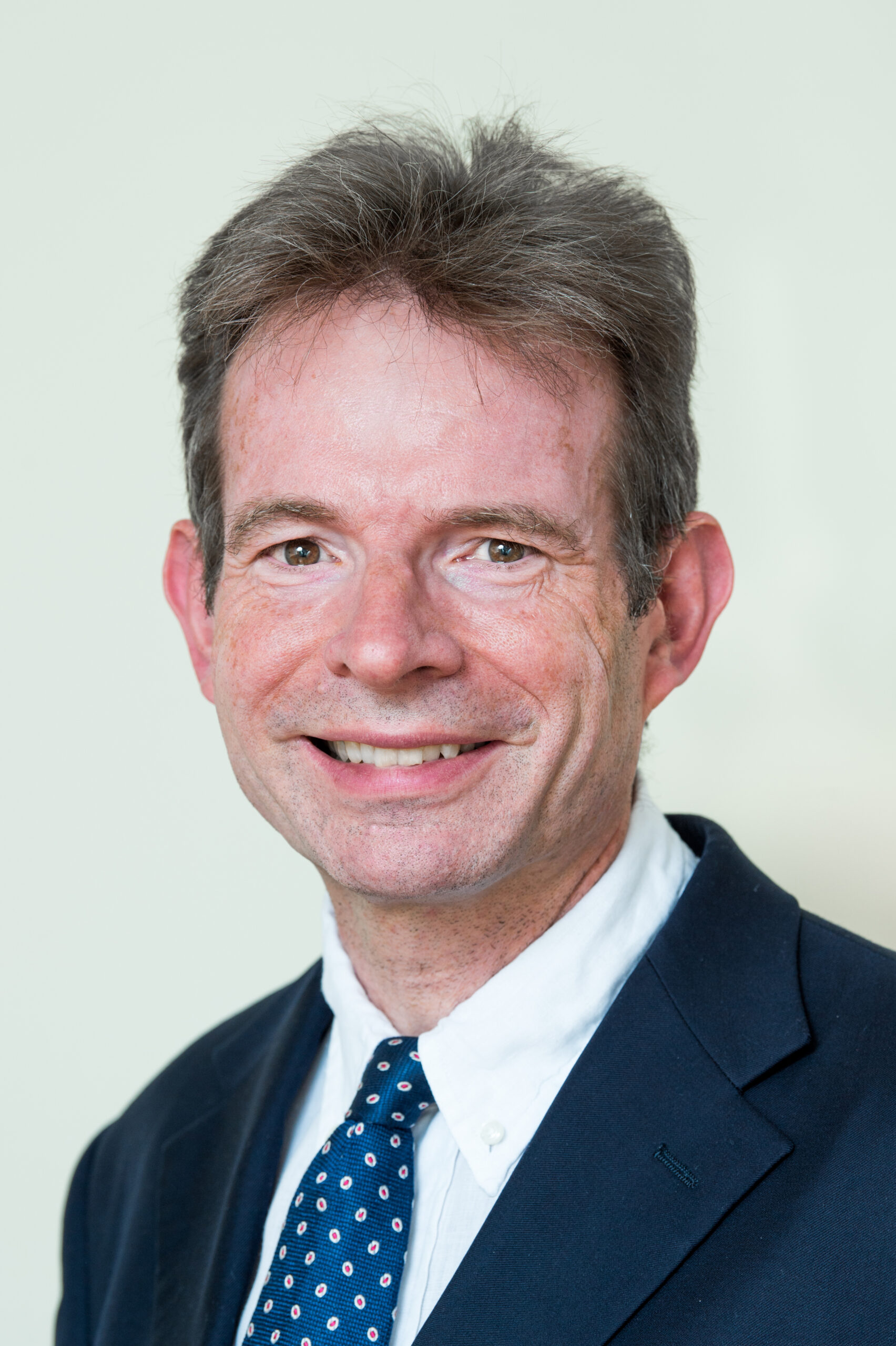
Hyejin Ku, is Associate Professor of Economics at University College London and Project Leader at the ROCKWOOL Foundation Berlin – Institute for the Economy and the Future of Work (RFBerlin). She is affiliated with the Centre for Research and Analysis of Migration (CReAM), the Centre for Economic Policy Research (CEPR) and the Institute for the Study of Labour (IZA). Her research interests are in labor economics and applied microeconomics. Her recent work has examined the effects of incentive schemes and workplace policies on productivity, career progression, inequality, and immigration economics. More recently, she has focused on knowledge creation, technology adoption, and the implications of China’s scientific rise.
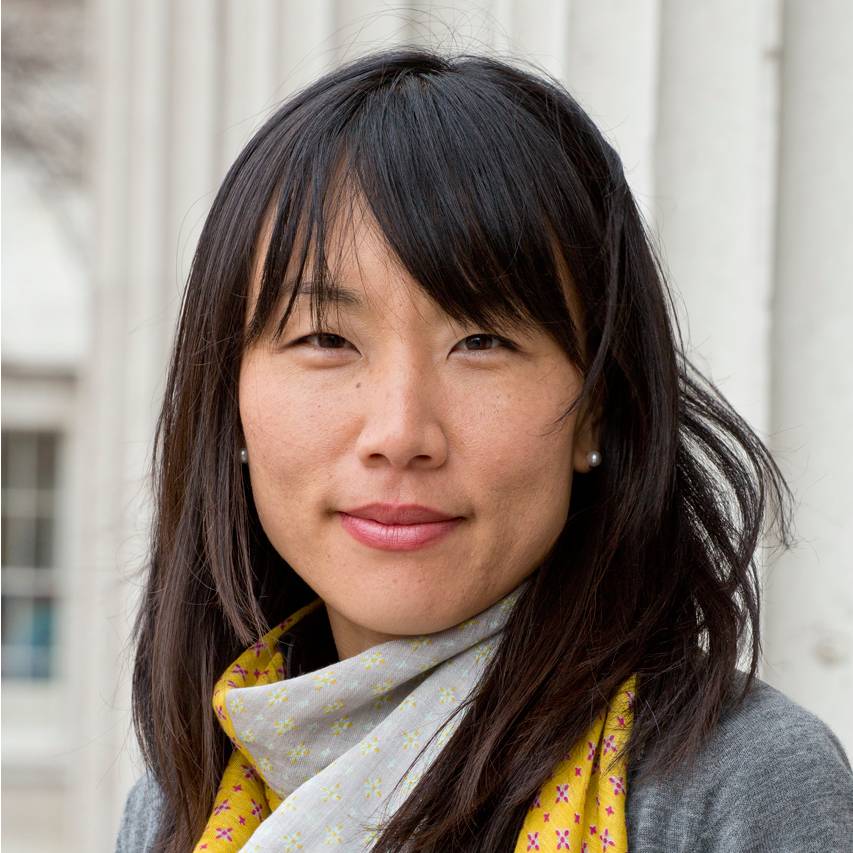
Monika Schnitzer, is Professor of Economics at the University of Munich. Her research focuses on innovation, competition policy, and multinational corporations. She has been a visiting professor at Stanford University, Yale University, University of California, Berkeley, and Harvard University. Since October 2022, she is Chairwoman of the German Council of Economic Experts, better known as the “Wirtschaftsweise,” which she joined in April 2020. For more than 20 years, she has been active in policy advice for the German government and the European Commission, including as deputy chair of the Expert Commission on Research and Innovation and as a member of the Economic Advisory Group on Competition Policy of DG Competition.
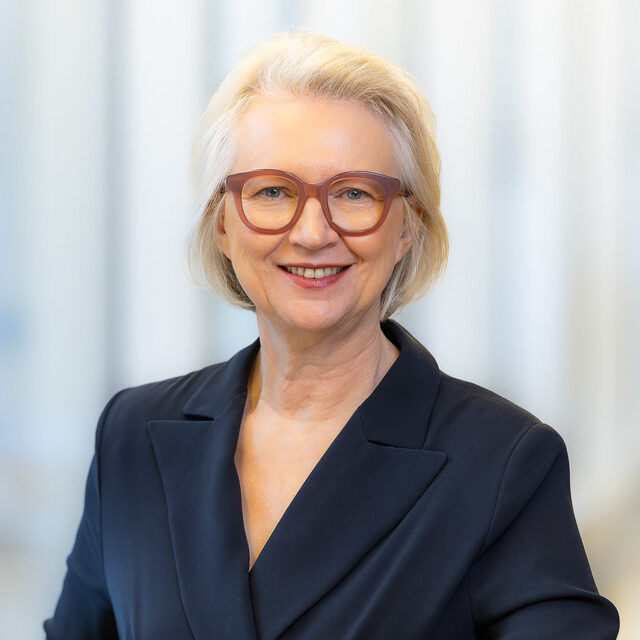
Moderation
Christian Dustmann is Director of the ROCKWOOL Foundation Berlin – Institute for the Economy and the Future of Work (RFBerlin), Professor of Economics at University College London (UCL), and the founding Director of the Centre for Research and Analysis of Migration (CReAM). He held visiting professor positions at UC Berkeley, Harvard, Princeton, Stanford, and Yale. Professor Dustman served as President of the Asian and Australasian Society of Labour Economics (AASLE) (2017-2021), which he co-founded. He also served as President of the European Association of Labour Economists (EALE) and the European Society for Population Economics (ESPE). Professor Dustmann is an elected Fellow of the British Academy (FBA), the German Academy of Sciences (Leopoldina), the Academy of Europe (Academia Europaea), the Econometric Society, and the Society of Labor Economists (SOLE). In 2020, he received the Carl Friedrich von Weizsäcker Prize from the German National Academy of Sciences for scientific contributions to socially important challenges. In 2023, he received the Reimar Luest Prize for International Science and Cultural Communication, awarded by the Alexander von Humboldt Foundation and the Fritz Thyssen Foundation. He regularly advises government bodies, international organizations, and the media on current policy issues.
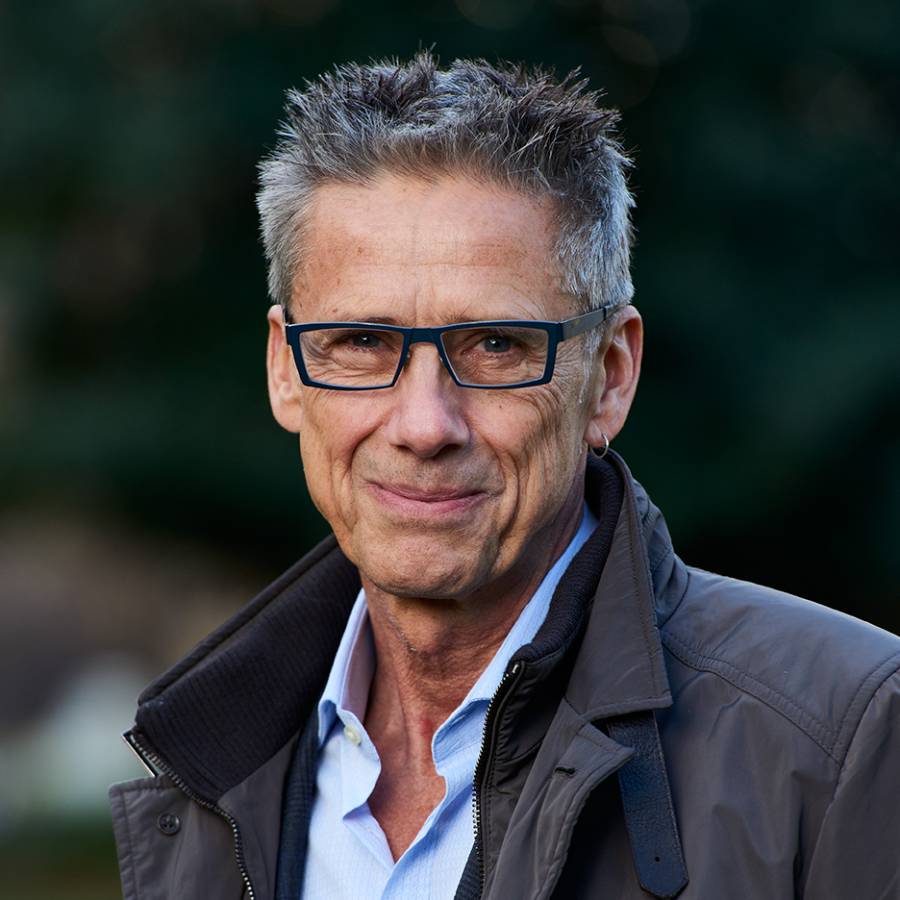
Thank you for attending the panel discussion
We appreciate your participation, questions and engagement. Photos from the event are available below. A video excerpt of the panel will be published on our channels shortly.
